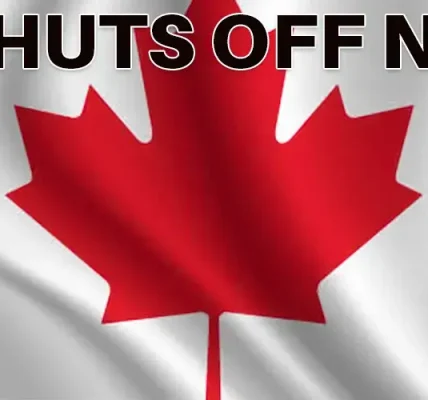On Thursday, a group representing the Canadian news business agreed with some of Google’s worries on a new rule that seeks to require big internet companies to split advertising revenue with local news publishers.
News Media Canada (NMC) asserts that Alphabet’s Google has provided a “good faith articulation of legitimate concerns” that the Canadian government ought to take into account when formulating regulations to implement the law. NMC represents the Globe and Mail, the Toronto Star, and other significant Canadian newspapers.
In a statement initially obtained by the Globe, NMC Chief Executive Officer Paul Deegan stated, “We agree with many of the issues they have raised.”
The Online News Act was approved by the Canadian parliament in June and is a component of a global movement to require internet firms to pay for news. The government is currently finalizing regulations, which should be published by the deadline of December 19.
Google and Meta Platforms were not persuaded by Canada’s attempt to resolve tech businesses’ worries about the law in draft rules that were presented in September.
Google has expressed reservations about the law’s establishment of news story links as the foundation for payment. The firm claims that the proposed laws fail to address issues such as imposing limitations on Google’s capacity to support the news sector and potentially unbounded responsibility on the company.
In the statement, Deegan stated, “We are aligned that there should be a firm ceiling, rather than a floor on financial liability.”
According to Deegan, NMC concurs with Google that qualifying news publishers need to have an online presence and that non-cash benefits like product and training may be included in the compensation package.
Heritage Minister Pascale St-Onge said in a statement, “We will continue to engage those with questions or concerns, including tech giants.” Ottawa will also be analyzing the comments gathered during the draft guidelines’ public consultation.
Google said during the consultation, “Unfortunately, the draft regulations fail to sufficiently address the critical issues, even though the government has publicly indicated its confidence that our concerns can be resolved through the regulatory process.”
The organization said in an eleven-page public document released just last week that “the Act fails to recognize that the public’s ability to freely find and share links to news content online is critical to free expression, access to information, press freedom, and an informed citizenry by establishing linking to news sites as the basis for payment.”





